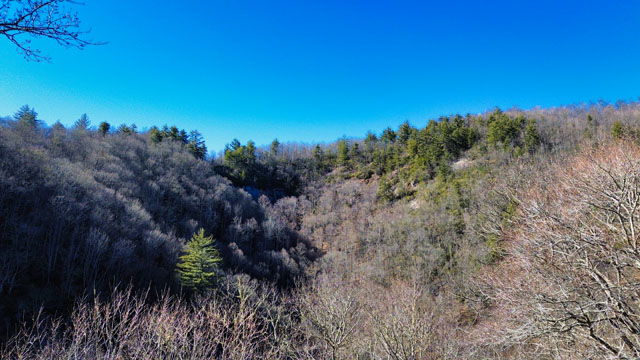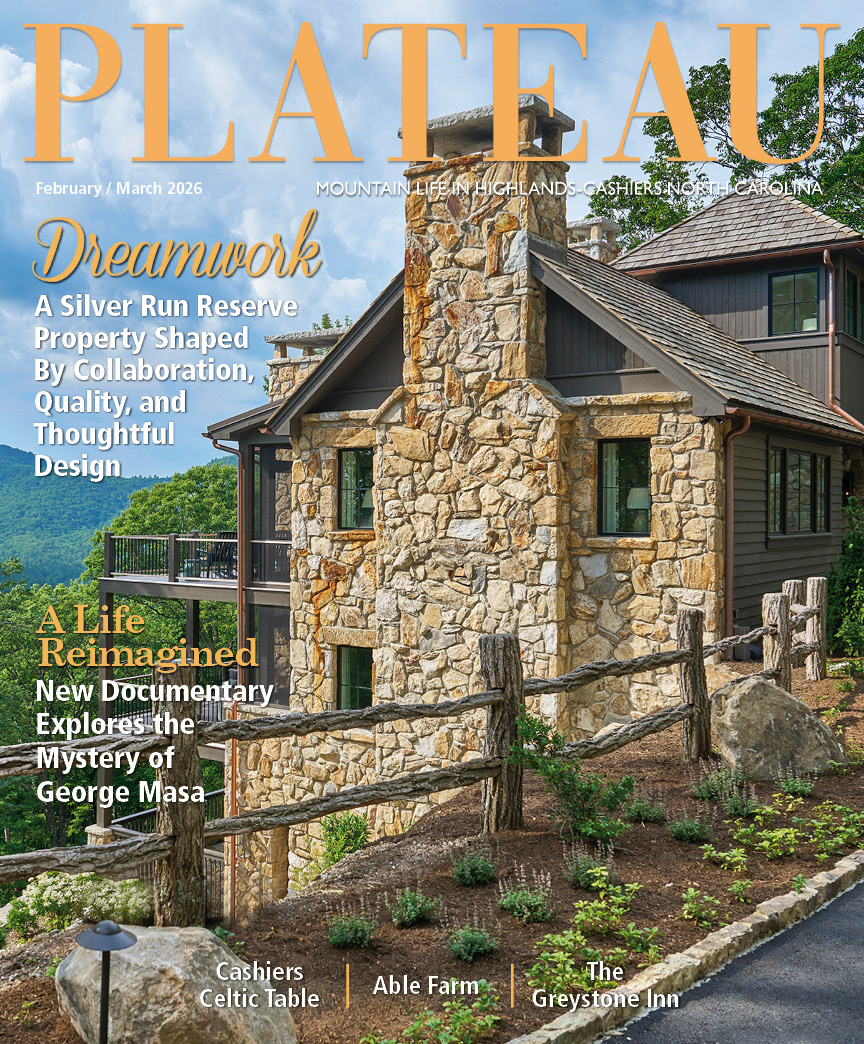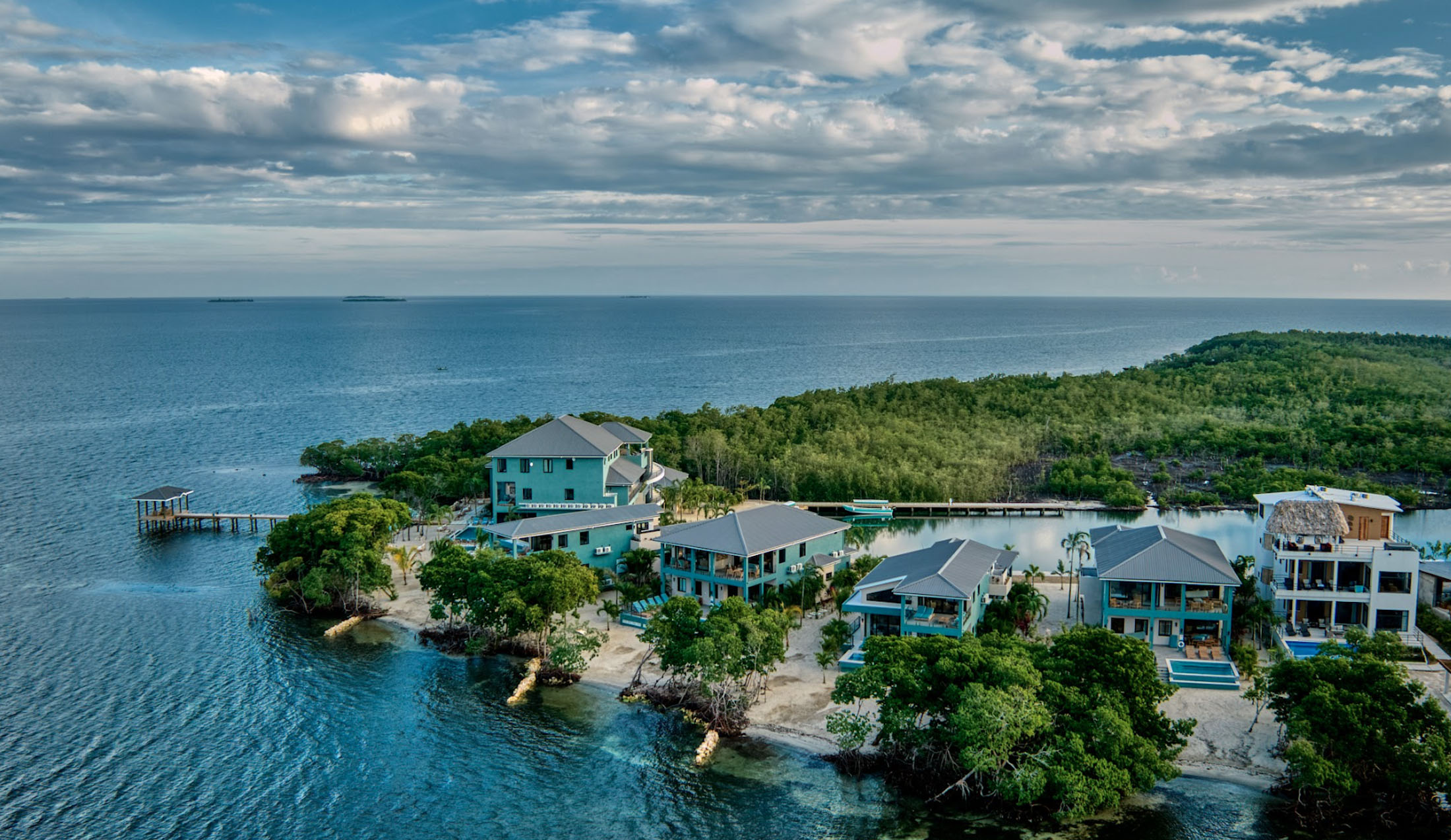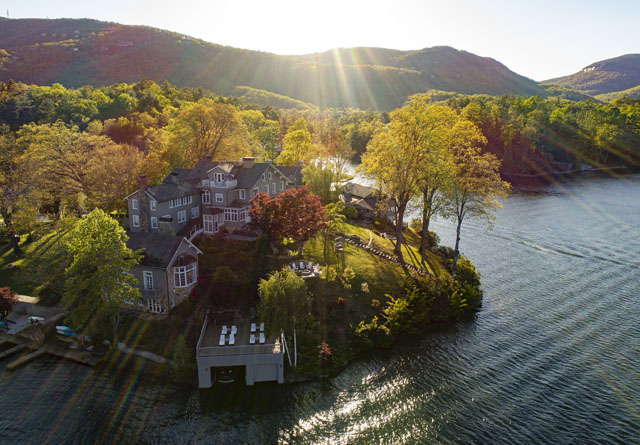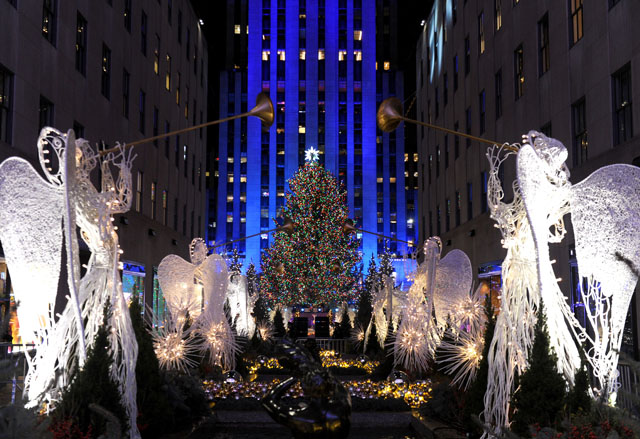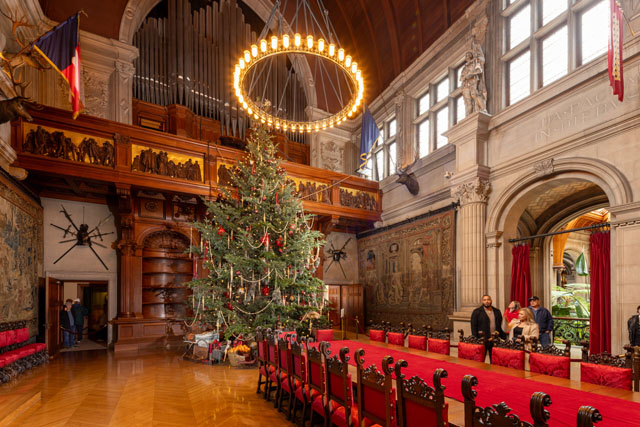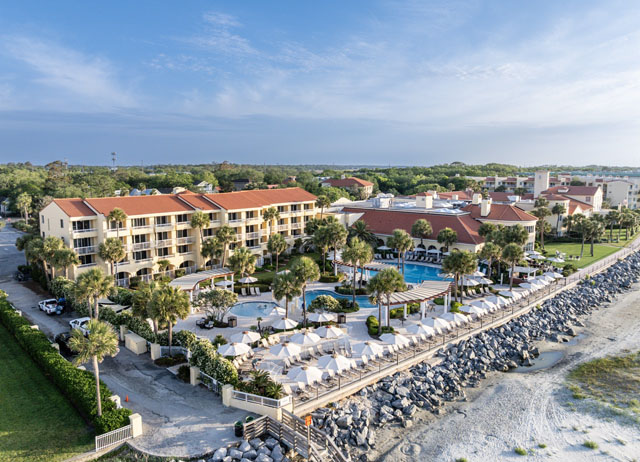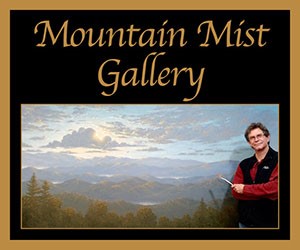At One with Nature
04 Apr 2024
What Artificial Intelligence Cannot Offer
Story and photos by KRISTIN LANDFIELD
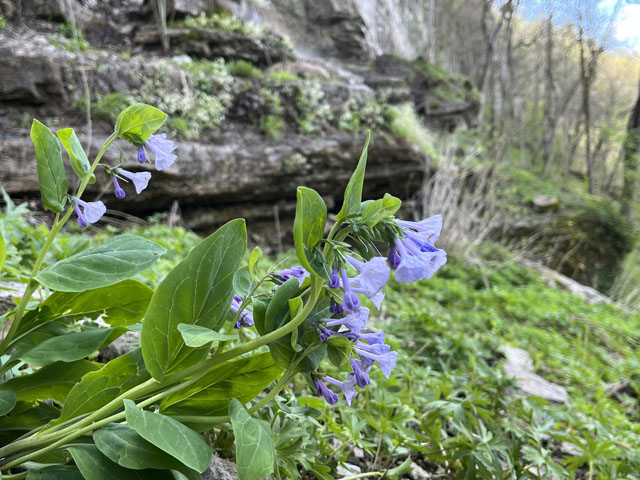
“Those who contemplate the beauty of the earth find reserves of strength that will endure as long as life lasts…There is something infinitely healing in the repeated refrains of nature—the assurance that dawn comes after night, and spring after winter.” —Rachel Carson
The Southern Appalachians offer a beauty so grand that no doomsday news cycle could eclipse their splendor. Their natural treasures, carved by eons of time, remain unrivaled by the breakneck pace of the modern world. That said, nearly every day I hear about disarming advances in Artificial Intelligence (AI): an inevitable unknown with latent Pandoric consequences, terrifying in magnitude and mammoth in capability. From deep fakes, privacy violations, or uncontrolled super intelligence, to salvation from climate change, debilitating poverty, and myriad illnesses, AI will alter the human experience to seismic effect. Embedded in every conversation is the proposition that advances in AI will soon, and in some ways already have, outstrip human computing power by an order of magnitude. Indeed, specific AI algorithms act upon most of us in extensive ways—ways we do not yet understand. The future is now.
Philosophers of science, tech developers, and consumers of AI all agree that General Intelligence is not yet captured by AI models, but most agree that something resembling “thinking beings,” indistinguishable from our own minds, are effectively inevitable. This is unnerving. Here is a prospect whose complexity we can only comprehend to the extent that we know we cannot comprehend it. Rather than slouch towards this abyss, I want to ask what we do have that cannot be stolen or trampled by artificially intelligent giants. If we lose our cerebral identity, what is preserved? Perhaps the answer lies in a redefinition of what makes us human; perhaps it is found in our physical connection to the natural world around us.
For centuries we humans have prided ourselves on our intelligence. By this construction, it is intellect that separates us from our animal cohabitants. Our exceptional cognitive abilities, specifically our faculties for language and for self-reflection, are paralleled by no other species. Regardless of our individual beliefs, the premise is always that our big frontal lobes allowed us to climb out of the brush, form complex societies, and access a higher existence. Our brains made us special. If we staked our humanity on the idea that our minds define us, what happens when that identity falls apart? This question only increases in urgency as sophisticated machines resemble human thinking ever more closely. However, Rilke wrote, “If we surrendered to earth’s intelligence, we could rise up rooted, like trees.” What does that mean, beyond an elevating sentiment that hints at transcendence? For me it means that by connecting with nature and identifying myself as part of it, I am granted an intimate experience of beauty, communion, humility, and order.
According to 5th century Greek historian Heroditus, the Persian warrior-king Xerxes camped his troops among a grove of Sycamore trees for several days, so compelled by their beauty that even on the eve of war he found this hiatus a worthy enterprise. I have to believe that as these grisly warriors gazed at the silky white bark of the stately trees, they felt more aligned with their humanity than at any other time during their war campaign. So it is with all of us: we humans have the capacity for connection with nature in a way that defines us, arguably more essentially than our intellect or our premier status on the food chain. An Alzheimer’s patient, lost to her memory, lost to her former self, and tragically lost to her loved ones, can walk to a pond, be enraptured by a skein of wild geese rising to a crisp blue sky, and find her lost self, fully human in that moment. A renewed affiliation with nature—recognizing ourselves as more similar to other organisms than we are separate—may be the key to preserving our unique sense of humanity and hope in an unfathomable technoverse.
The grand mountains of the Highlands-Cashiers Plateau harbor untold mysteries of biology: mysteries that are innumerable and inscrutable, even by a superintelligence whose ability to count and catalogue shows no limits. This is comforting. As I walk on a trail that teems with new spring life, the dew-wet base of my pants chills my legs and I find my feet in physical contact with the planet beneath me. It enlivens my senses to a world beyond the limits of my mind. Maybe I take some pictures of Hepatica flowers emerging from last autumn’s leaves, then get distracted by the pictures on my phone before I again wake up and make contact with the forest around me. I trace my palm against some scratchy bark. I breathe in a woodsy musk. I feel the cool damp where I decided to sit on a wet rock. I draw a full deep breath, then maybe another, and I feel my furrowed brow relax, loosening from whatever inane thoughts or plans seemed important.
Through this unpixellated experience, not my abstracted thoughts about the experience, I find my way back to presence, to this few square feet in which I stand. Here is a place with depth, with corporeal resonance, and with the comforting timbre of countless organisms around me. They exist in organic bodies that share basic cellular building blocks with the most ancestral part of me. Here is a system in which I am a part and which far exceeds anything I could know or compute. I am not a brain. I am not a machine. I am a piece of a magnificent whole.

